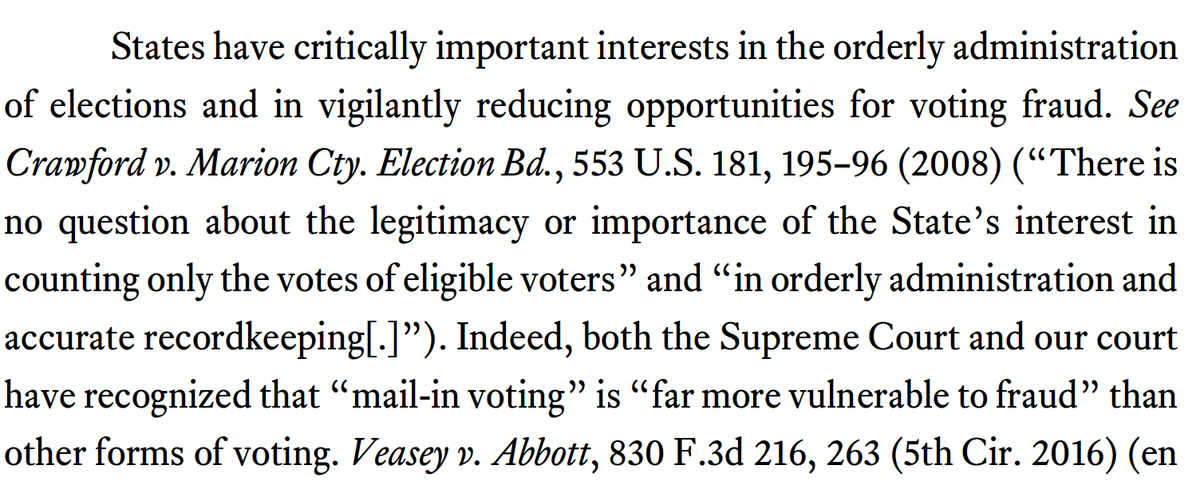
THREAD: It's Electoral College day! The Electoral College meets today--but not all together! The 538 members who will vote for president will meet in each state. The process is almost as arcane as its manner of representation to select the president. Some details... 1/
In 33 states (and D.C.), electors are required to vote for whoever won their state. The Supreme Court upheld these "faithless elector" laws earlier this year. In 17 states, electors can vote for whoever, though no one will change their votes this year. 2/ fairvote.org/faithless_elec…
The electors will meet throughout the day. Here's a useful chart of the times from @OSULawExperts 3/ u.osu.edu/electionlaw/20…
At that meeting, the electors will cast six “Certificates of Vote” which are paired with “Certificates of Ascertainment” that were filled out after the Nov. 3 results and signed by the state's chief executive. law.cornell.edu/uscode/text/3/9 4/
One pair of those forms are sent to the president of Senate (the Vice President). Two pairs are sent to Archivist of U.S. Two are sent to State Secretary of State. And...one is sent to the Chief Judge of the U.S. District Court where electors meet. law.cornell.edu/uscode/text/3/… 5/
Why does Chief Judge of district receive one? It's probably a relic from when votes were sent to D.C. by horse & buggy, and there needed to be a federal holder of the votes in the meantime. (That's likely also why Congress doesn't open them to declare winner until Jan. 6.) 6/
So...if you thought the Electoral College was obsolete for our modern times, just think of the 51 chief district judges who will receive the electoral college votes in their chambers. One judge once told me that she had no idea what to do with those votes when they arrived! /end
• • •
Missing some Tweet in this thread? You can try to
force a refresh





